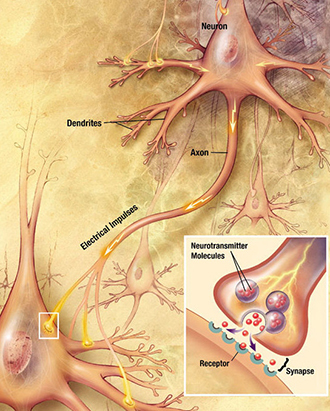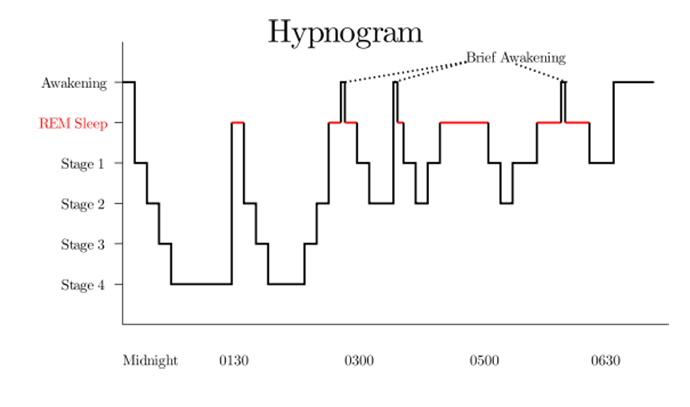A good night’s sleep is crucial for better memory and studying. While this has been long known, scientists lacked exact evidence of what happened inside the brain. But now US and Chinese researchers have revealed precisely how sleep boosts memory.
READ MORE: Scientists learn to selectively erase and restore memories in brain
Sleeping after learning something new encourages the growth of the dendritic spines, tiny protrusions which help one brain cell connect to another, and thus, pass on information across synapses (a junction where the two cells meet). These spines represent the physical correlate of a memory, neuroscientists from New York University and Skirball Institute of Biomolecular Medicine have proved.

“We’ve known for a long time that sleep plays an important role in learning and memory,” senior investigator Wen-Biao Gan, a professor at Skirball Institute of Biomolecular Medicine, said. “If you don’t sleep well, you won’t learn well.”
They used advanced microscopy to uncover the mechanisms of new connections between brain cells – synapses – form during sleep, a study published in the journal Science said.
As the main subject of their study, the scientists used mice, whom they trained to walk on top of a rotating rod, a skill that was totally new for the rodents.
After training the mice for an hour, some of them were allowed to fall asleep for seven hours, while the others were kept awake.
Next, the scientists looked inside the living brain to see what happened when the animals were either sleeping or sleep-deprived.
It turned out that the sleeping mice formed significantly more new connections between neurons, meaning they were learning more. The researchers also disrupted sleep at different stages. This proved that deep or slow-wave sleep was necessary for memory formation. During this stage, the brain was “replaying” the activity from earlier in the day.

“Finding out sleep promotes new connections between neurons is new, nobody knew this before,” the BBC reported professor Wen-Biao Gan, of New York University, as saying. “We thought sleep helped, but it could have been other causes, and we show it really helps to make connections and that in sleep the brain is not quiet, it is replaying what happened during the day and it seems quite important for making the connections.”
The sleep-deprived rodents sprouted significantly fewer dendritic spines.
What is also interesting is that even after the mice that slept longer woke up, their brains developed roughly 5 percent of new spines in the motor cortex in the 24 hours after waking up.

